Mozambique: 'Xivotxongo' producers may be shut down
Covid-19: Mozambique wants to delay disease peak until January 2021
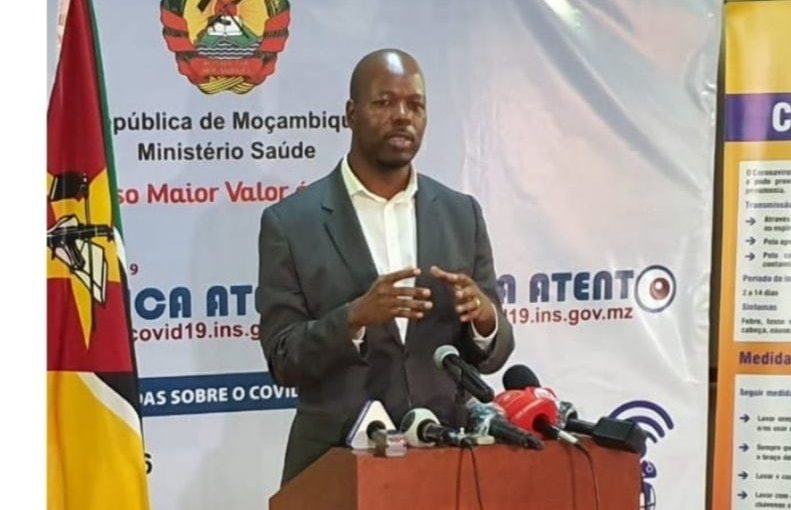
Photo: Magazine CRV
The deputy director-general of the National Institute of Health (INS) of Mozambique said on Sunday that “gaining time” was the priority in the fight against Covid-19, pointing out advantages in delaying the peak of the disease infection by several months, “for example” until January 2021.
“Delaying the peak to January or February would give the National Health Service time to mobilise resources, to strengthen the system, to better understand the epidemic, and for a treatment (or vaccine) to appear,” Eduardo Samo Gudo said.
The deputy director general of INS was conducting the health authorities’ daily press conference on the respiratory disease pandemic, at a time when the country officially has eight cases, with no deaths or new cases registered in the last 24 hours.
“What we want is to reduce or even break the chain of transmission, so that it is very low, with a view to avoiding a large number of individuals suffering from the disease in a short period of time,” he explained, highlighting the importance of prevention measures such as personal hygiene and social distancing.
Imagining a graph of the number of infected, “instead of a peak with hundreds of thousands of cases, to have much less and delay” that moment, he said.
“Instead of occurring in June – when, without any counter-measures, it is thought that it would occur in most African countries – the idea is to move it [the peak] back so that [the infection curve] is more flat and [the peak] occurs, for example, in January or February” of next year. This would avoid a “large influx into the national health system”, he added.
Saving time is important, Gudo said, even from the point of view of the availability of successful treatment drugs.
Preliminary results of tests on candidate medicines are expected in April, but “large-scale production” of a drug could take several months, and the same would be true of a vaccine, he noted.
Mozambique had already avoided the worst possible scenario – one in which there would be no preventative measures – by implementing restrictions even before the first official case came to light, Gudo said.
Measures imposed included the closure of schools, affecting 25% of Mozambique’s 30 million inhabitants, in addition to the suspension of entry visas issuance and advising against crowds of more than 50 people.
The implementation of restrictions and the projection of the respective impacts were being carried out with the support of international experts, Gudo noted.
Mozambique’s President Filipe Nyusi in fact on Friday left the door open to stricter preventive measures, after the State Council, an advisory body, advised declaring a state of emergency to counter the rapid spread of Covid-19.
The president declared the state of emergency yesterday.
“We are writing a movie, but the actors are each one of us. Every Mozambican is an actor, mitigating the impact of the new coronavirus in Mozambique,” Gudo concluded.


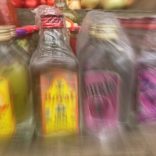

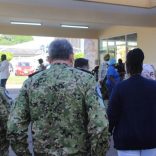
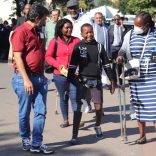
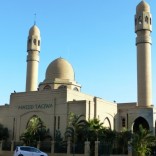





Leave a Reply
Be the First to Comment!
You must be logged in to post a comment.
You must be logged in to post a comment.